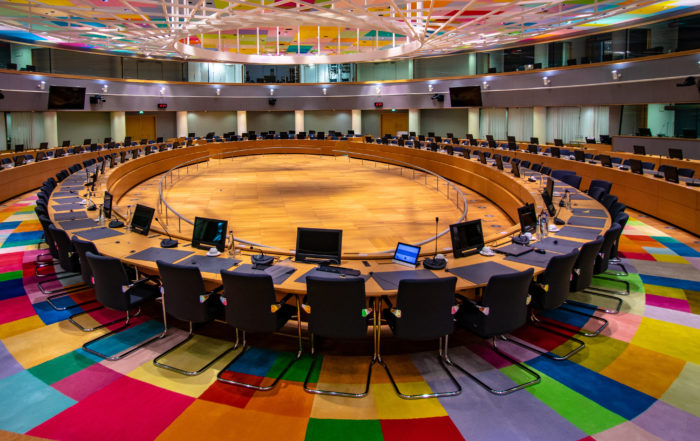As a major voice for repositories at the international level, COAR joins other organizations in welcoming the Council of European Union’s Conclusions on high-quality, transparent, open, trustworthy and equitable scholarly publishing, which highlight the importance of not-for-profit, scholarly open access publishing models.
Over the past several years, the international community has been moving towards open access models for scholarly outputs. At the same time experience has shown that a commercial approach – which relies exclusively on pay-to-publish models – is introducing new inequalities in the system, especially for researchers in low-resource environments who have little to no access to funds for publishing. ‘Read and publish’ agreements are proving to not be an effective strategy for achieving widespread open access as they have been unsuccessful in changing the underlying business models of the large publishers and they perpetuate the spiraling cycle of unsustainable price increases, while at the same time, create an even more monopolistic system which incentivizes researchers to publish in only the journals of those large publishers.
The Council’s Conclusions explicitly recognize the detrimental impacts of the pay to publish commercial approaches, expressing “concern that the increasing costs of paywalls for access to scientific publications and for scholarly publishing cause inequalities and are becoming unsustainable for public research funders and institutions accountable for the spending of public funds, decreasing funding available for research”. And, “STRESSING that it is essential to avoid situations where researchers are limited in their choice of publication channels due to financial capacities”.
The Conclusions go on to “ENCOURAGE Member States and the Commission to step up support for the development of aligned institutional and funding policies and strategies regarding not-for-profit open access multi-format scholarly publishing models”. And to “invest in and foster interoperable, not-for-profit infrastructures for publishing based on open source software and open standards.
There are over 3,000 open access repositories in Europe (1) – mainly hosted by universities, research centers and government agencies – that are a critical component of a not-for-profit scholarly communications infrastructure; one that can and should be leveraged to achieve the aims of the Council’s Conclusions. Repositories are much more than a parallel system (collecting manuscripts of paywalled papers). They reflect an investment in public research infrastructure that can expand and support innovation in scholarly publishing by connecting repository resources to value-added services, such as peer review (see for example, the model adopted by HAL and Peer Community In).
The COAR Notify Initiative, which is developing a standard approach to link research outputs hosted in repositories with overlay-journals and peer review services, connects two powerful communities (diamond OA and green repositories), offering the potential of developing economies of scale, while also enabling a sustainable, scalable, and trustworthy international infrastructure for scholarly publishing.
COAR represents a strong and extensive international coalition of research organizations and national networks whose vision aligns with the Council’s Conclusions. Working across all our stakeholder communities, we can accelerate our progress towards a new ethos for scholarly communications; one that is built on public good and shared community values.
(1) OpenDOAR: https://v2.sherpa.ac.uk/view/repository_by_country/ ; re3data: https://www.re3data.org/browse/by-country/






